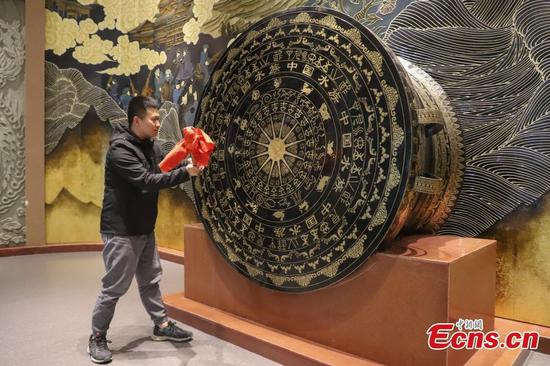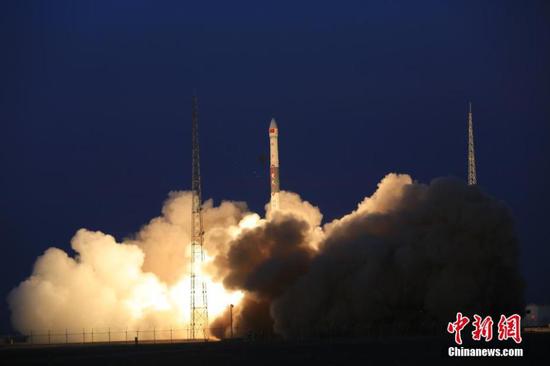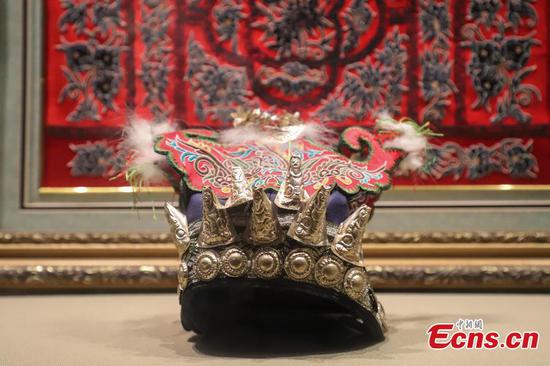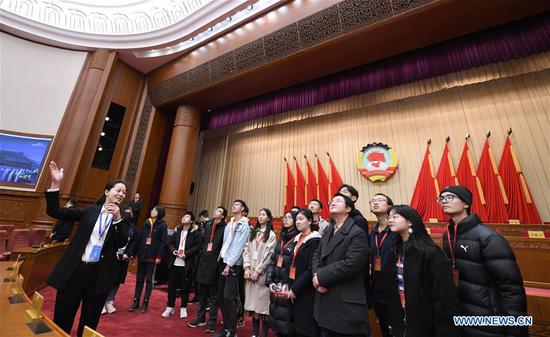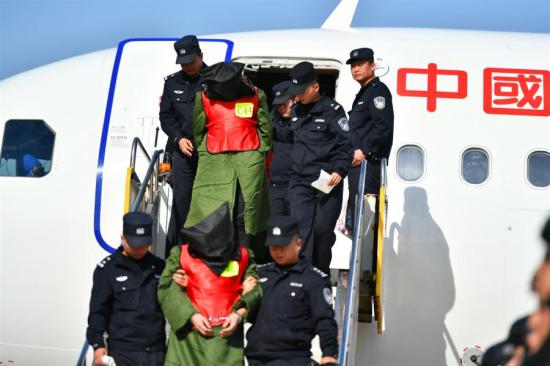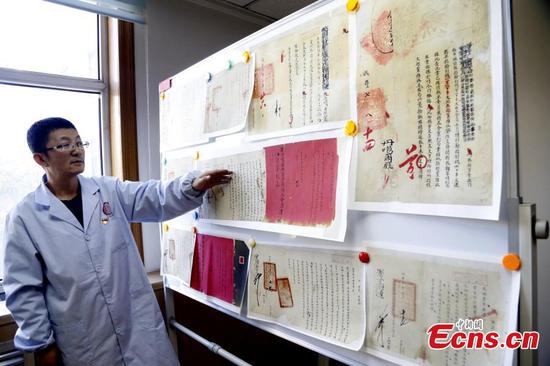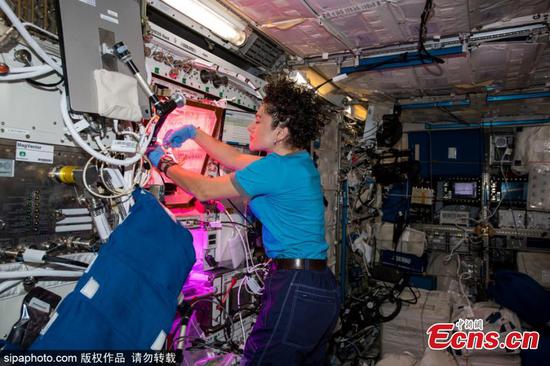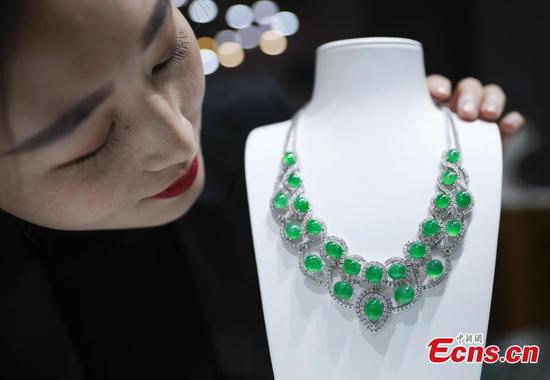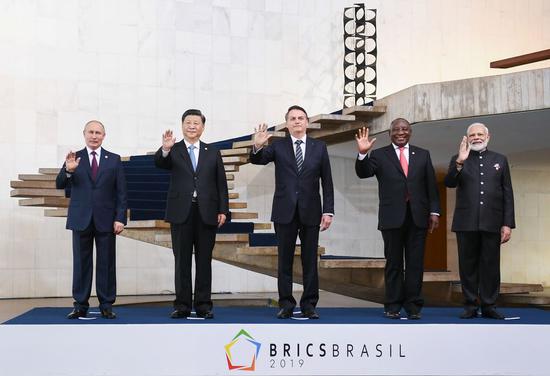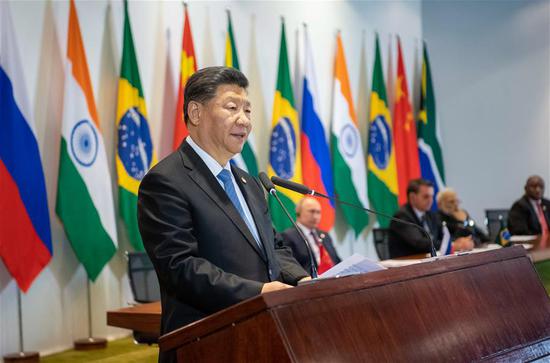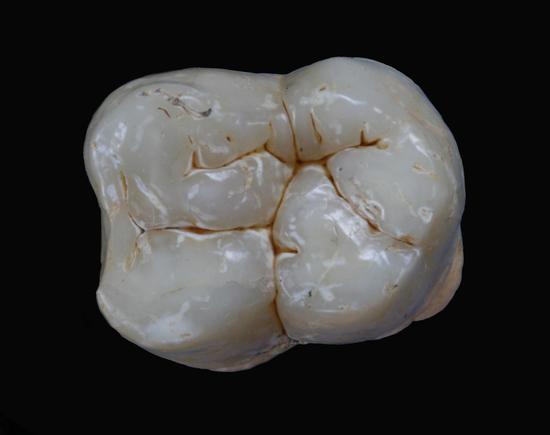Efficiency or privacy?
Guo Bing, an associate professor of law at Zhejiang Sci-Tech University, has the same concerns as Feng about the collection and use of personal information.
On Oct 28, Guo took the Hangzhou Safari Park to Fuyang District People's Court in Hangzhou, capital of Zhejiang province, over the collection and use of visitors' facial recognition details. Three days later, the court filed the case. The litigation is believed to be the first involving such technology and comes as its use increases nationwide.
In April, Guo agreed to use fingerprint recognition to pay an annual fee of more than 1,000 yuan ($142) for an admission card to the park. But last month, the park told him its entry system was to be upgraded and card users had to supply facial information.
Yuan Xiaoqin, the park's brand manager, was quoted by China Central Television as saying: "Facial recognition can help a visitor enter the park in two or three seconds. Fingerprint information sometimes isn't sensitive, especially in cases of injury or when the fingers are too dry to enable recognition."
However, Guo disagreed and asked the park to return his payment. "Consumers will face big risks if their facial information is leaked, used illegally or abused," he said. "In collecting visitors' facial information, the park has seriously harmed their rights, and it didn't inform me about the upgrade when I registered the card.
"As a commercial business, the park will fall under suspicion of illegally collecting visitors' personal data if it applies facial recognition technology without their permission," he added.
Hou Guoji, a businessman from Xuzhou, Jiangsu province, said the demand for facial information should have been clarified when the park helped Guo register the card.
But Hou added that the technology can be a benefit to people in daily life — for example, if they forget to carry their ID cards at airports. "If the technology can be adopted in signing contracts or legal documents, I believe financial security will also be greatly improved," he said.
Li, the lawyer, said the speed and convenience brought by the technology for security checks and verifying identities is undeniable.
Zhao, the legal researcher, said: "Efficiency or privacy? That's the question in the fast-developing internet and technology era. With enhanced awareness of protecting personal information, the issue of better adopting technologies, including facial recognition, AI and deepfakes, must be urgently studied and regulated."
Deepfakes refers to using an image of a person and replacing it with someone else's likeness.
"If facial information is leaked, it will be hard to take effective compensatory measures," Zhao said. "That's why many users worry that such information may be collected unnecessarily or used improperly."














